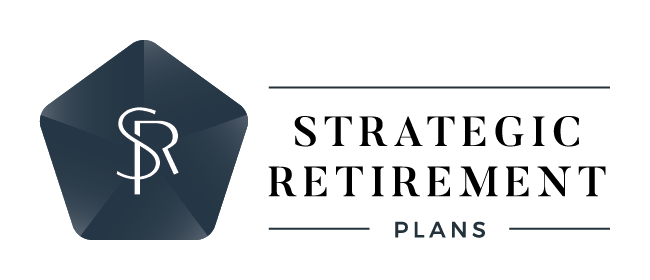Investors who follow the financial media probably have noticed a familiar trend over the years. The financial media is notorious for focusing on the most volatile of investments including stock indexes like the S&P500 and commodities such as Gold. Regardless of what different investments return in a year viewers and more specifically individuals nearing or in retirement mainly hear about how these investments are performing. It’s hard to find a suitable benchmark to compare your portfolio’s performance. Based on where you are in life it’s important to remember allocations need to change as your personal goals such as retirement approach or begin.
To get the most out of your retirement savings, it helps to spread your investments around so your portfolio includes stocks, bonds, mutual funds, retirement and other savings accounts. When equity markets do well the temptation is to ignore the above principles and it’s easy to be tempted by the same traps of previous market highs. As your anticipated retirement date approaches, consider evaluating and adjusting your portfolio to protect current principal while still leaving room for variable gains.
Asset Allocation
Prudential refers to the five years before and the five years after retirement as the “Red Zone” and stresses the importance of protecting the money you’ve saved so far. Issues such as market volatility and rising costs could dramatically affect how long your money lasts. If you do sustain losses, you won’t have as much time to recoup them as you did when you were younger. To help protect yourself, consider adjusting your asset allocation to replace high risk investments with more stable vehicles, even if you have less chance of getting a big payoff.
Stocks
Most financial professionals agree that as you approach retirement you should decrease the number of stocks in your portfolio. Individual stocks, especially small caps and similarly volatile choices, usually have the potential for significant gains as well as significant losses. Sell your risky stocks and invest in more stable blue chips. You should also reduce your total allocation of stocks so that they take up a smaller percentage of your overall portfolio.
Bonds
Bonds don’t provide nearly as much return as stocks, but they can be a better fit for retirement thanks to their predictability and income-generating potential. Bond prices are not affected by the same issues and market conditions that influence stock prices. People nearing retirement should move more of their investments out of stocks and into bonds to lower their risk and enjoy greater financial stability.
Mutual Funds
Mutual funds are pooled investments managed by teams of professionals. They allow investors the chance to pick the types of investments they need to reach their financial goals. While younger investors might want to put their money into higher-risk, higher-reward growth funds, older investors approaching retirement should consider more conservative mutual funds that contain a sizable mix of bonds and other fixed-income or low-risk instruments.
by Gregory Gambone, Demand Media
https://finance.zacks.com/adjust-portfolio-nearing-retirement-1743.html
The accompanying pages have been developed by an independent third party. Commonwealth Financial Network is not responsible for their content and does not guarantee their accuracy or completeness, and they should not be relied upon as such. These materials are general in nature and do not address your specific situation. For your specific investment needs, please discuss your individual circumstances with your representative. Commonwealth does not provide tax or legal advice, and nothing in the accompanying pages should be construed as specific tax or legal advice. Securities offered through Commonwealth Financial Network, Member FINRA/SIPC.


